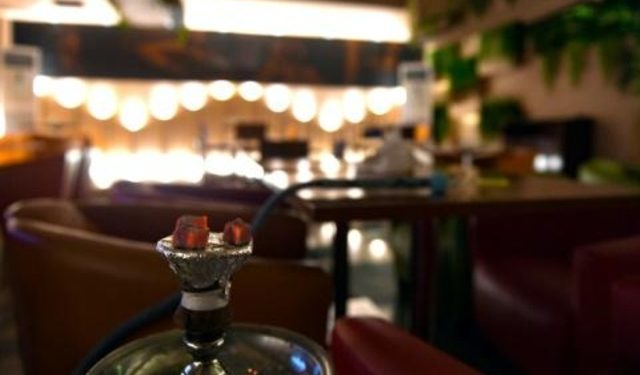
The Saudi regime continues to overburden the Saudis with exaggerated taxes to cover all services, sectors, and even the hookah, causing widespread anger and controversy in the Kingdom.
Saudi imposed a 100% tax on the final bill in restaurants offering tobacco products, including water pipes, causing controversy on social media, especially by hookah fans.
On 11 October, the Ministry of Municipal and Rural Affairs of the Saudi regime announced a “100% tax rate on tobacco products”. According to the ministry, the tax will apply to “all sales of the facility at 100 percent.”
The owners of a number of restaurants and cafes offering hookahs said the tax applies to all orders, including those that do not include the hookah, which means the entire final bill.
Some of these cafes did not offer hookah in order to evade the tax, while others reduced their prices so as not to harm customers.
The decision drew much criticism on social media, including from pro-government supporters.
Al-Madina also wrote in the headline “Tobacco Charges: Controversy and Confusion”. Many Saudis shared photos of the statements in several restaurants, showing the final account after the addition of the tobacco tax and the 5% VAT.
“In short: an indirect way to prevent hookahs without blocking them,” Kholoud Al-Ghamdi said, “This is a real disaster” for businesses and consumers.
According to Al-Ghamdi, “We want to attract capital, attract tourists and move the economic cycle, not recession. Not against the tobacco tax on tobacco only! Only tobacco and tobacco products.”
Since early 2018, the SaudI regime introduced VAT for the first time, imposing a 5 percent tax on the majority of goods and services on the grounds of increasing revenues and countering lower oil prices.
VAT is an indirect tax levied on all goods and services purchased and sold by enterprises with some exceptions. VAT is applied in more than 160 countries around the world as a major source of income that contributes to strengthening state budgets.
VAT is levied at every stage of the supply chain from production to distribution to the final sale of a good or service. This is one of the lowest in the world. Some developed and developing countries live on tax revenues and are a source of income.
The new tax was applied to fuel (petrol and diesel), food, clothing, utility bills (water and electricity), some banking operations, sale and rental of commercial properties, rental of apartments, hotels, rest houses, private health care, private education, telecommunications services and e-shopping.
Tobacco and soft drinks were also taxed, as were some subsidies to the local population. In the UAE, road fees have been raised and a tourist tax has been introduced.